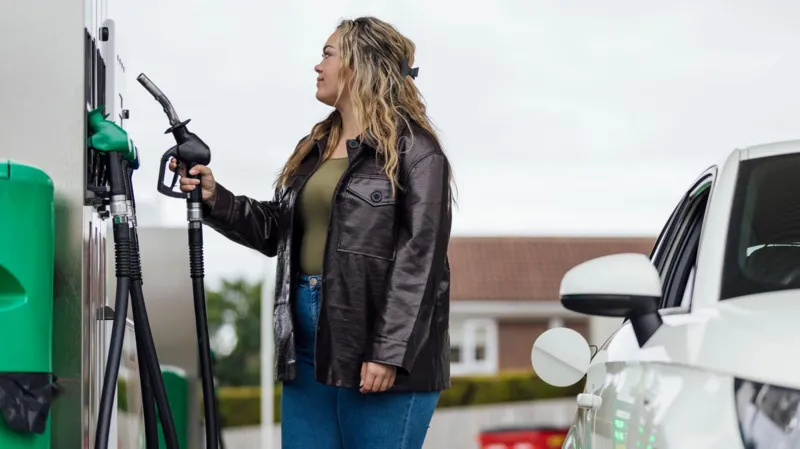UK inflation dropped unexpectedly to 1.7% in September, the lowest rate in three and a half years, according to official reports from the BBC.
This means prices are rising slower than the Bank of England’s target of 2%, which opens the door for possible interest rate cuts.
The main reasons for this surprise drop were lower airfares and petrol prices. September’s inflation figure is important because it helps determine how much various benefits will increase in April.
Currently, UK interest rates stand at 5%. After making a cut in August, the Bank of England chose not to lower rates last month, but many expect a cut in November.
Susannah Streeter from Hargreaves Lansdown believes that the lower inflation could even allow for another cut in December.
Danni Hewson from AJ Bell said a 0.25 percentage point cut in November is almost certain, and there is a growing expectation for a second cut in December. However, KPMG UK’s chief economist, Yael Selfin, cautioned that while a rate cut next month seems likely, inflation may rise again due to a 10% increase in household energy bills.
The Bank of England’s interest rates greatly affect what banks charge for loans and credit cards. Higher rates mean people pay more for mortgages, but savers earn better returns.
The cost of living has been rising, with inflation hitting a peak of 11% in 2022, largely due to increased energy prices from Russia’s invasion of Ukraine. To combat rising prices, the Bank increased rates to encourage people to spend less.
Even with inflation falling, this doesn’t mean that prices are going down. It simply means they are increasing at a slower rate.
Maria, a volunteer at a food pantry in Liverpool, shared her struggles, saying that she has to prioritize spending on food, heating, and gas. She noticed that prices at supermarkets like Asda and Aldi have skyrocketed, making life difficult for families.
The inflation rate dropped from 2.2% in August, mainly due to lower fuel and airfare costs. However, prices for food and non-alcoholic drinks have risen, marking the first increase in food price inflation since March last year.
Darren Jones, chief secretary to the Treasury, said that the slower pace of price rises is good news for many families, and the government aims to restore economic stability.
This drop in inflation is particularly important as the Chancellor, Rachel Reeves, prepares for a difficult budget due on October 30.
The government is looking to raise £40 billion through tax increases and spending cuts to prevent real-term cuts in government departments.
The September inflation data also determines how much benefits will increase in April. For example, universal credit adjustments are at the government’s discretion, but other disability benefits will rise by at least the inflation rate of 1.7%.
This increase is lower than the 4.1% expected rise in the state pension, which is decided by a formula known as the triple lock.
Overall, while the drop in inflation brings some relief, challenges remain as prices for essential goods continue to climb, and the government faces tough decisions ahead【BBC】.
https://www.bbc.com/news/articles/czxde3779lxo

